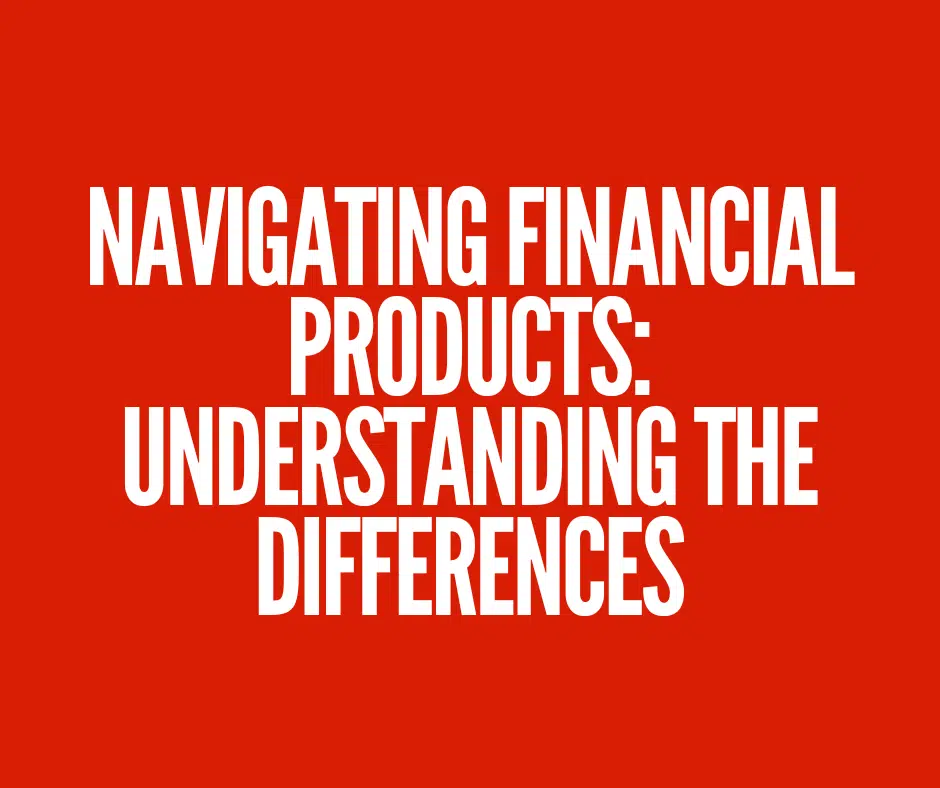Financial products fall into three broad categories: Savings, Investment, and Financing.
Savings: The Foundation of Financial Security
At the heart of our financial journey are bank accounts. These accounts provide immediate access to our funds and offer options such as checking, savings accounts, and fixed-term deposits. Fixed-term deposits lock in your money for a specific period, yielding higher interest rates compared to regular savings accounts. The latter allows us to set money aside for a predetermined time, earning interest.
Investment: Building for the Future
Moving beyond savings, we enter the realm of investments. Pension plans, mutual funds, and stocks are prime examples. Pension plans, somewhat between savings and investment, offer tax advantages and aim to secure our financial future by generating returns over time. Mutual funds, a straightforward investment option, pool money from multiple investors, managed by a financial institution. Stocks, on the other hand, represent ownership in a company, potentially delivering substantial gains but with higher risks.
Financing: Meeting Immediate Needs
When significant expenses arise, loans and credit become vital. Personal loans serve various purposes, from buying a car to funding education. Upon receiving the loan amount, you repay it over time, along with interest and fees. The monthly payment depends on the borrowed amount, repayment period, and interest rate.
Diving Deeper into Select Financial Products:
Pension Plans: Balancing for the Future
Positioned between saving and investing, pension plans allow us to contribute regularly for future financial security, with tax benefits. Upon maturity, we can access both our contributions and accumulated returns.
Insurance: Safeguarding Against Uncertainties
Insurance shields us from unexpected risks, from minor accidents to major health issues. Regular payments yield compensation or assistance as outlined in the policy, ensuring financial protection during challenging times.
Mutual Funds: Entry-Level Investing
For those with modest savings, mutual funds offer an accessible investment avenue. Funds from various contributors are managed by an institution, providing exposure to diversified investment opportunities.
Demystifying Cards: Credit vs. Debit
Credit and debit cards are ubiquitous tools for transactions, yet they possess distinct characteristics.
- Debit Cards: Real-time Payment
Debit cards are directly linked to available funds. When used, funds are instantly deducted from the connected account. This ensures secure, real-time payments, and overdrawing is avoided. - Credit Cards: Flexibility with Responsibility
Credit cards extend a credit limit, allowing purchases beyond available funds. Payments can be settled fully each month or in instalments, but interest applies for late or partial payments. It provides flexibility but demands responsible management.
Understanding the array of financial products empowers us to make informed decisions about managing, investing, and protecting our finances. Whether you’re securing your future through pension plans, diving into the investment world with mutual funds, or managing day-to-day expenses with debit and credit cards, a solid grasp of these products will undoubtedly serve you well on your financial journey.



